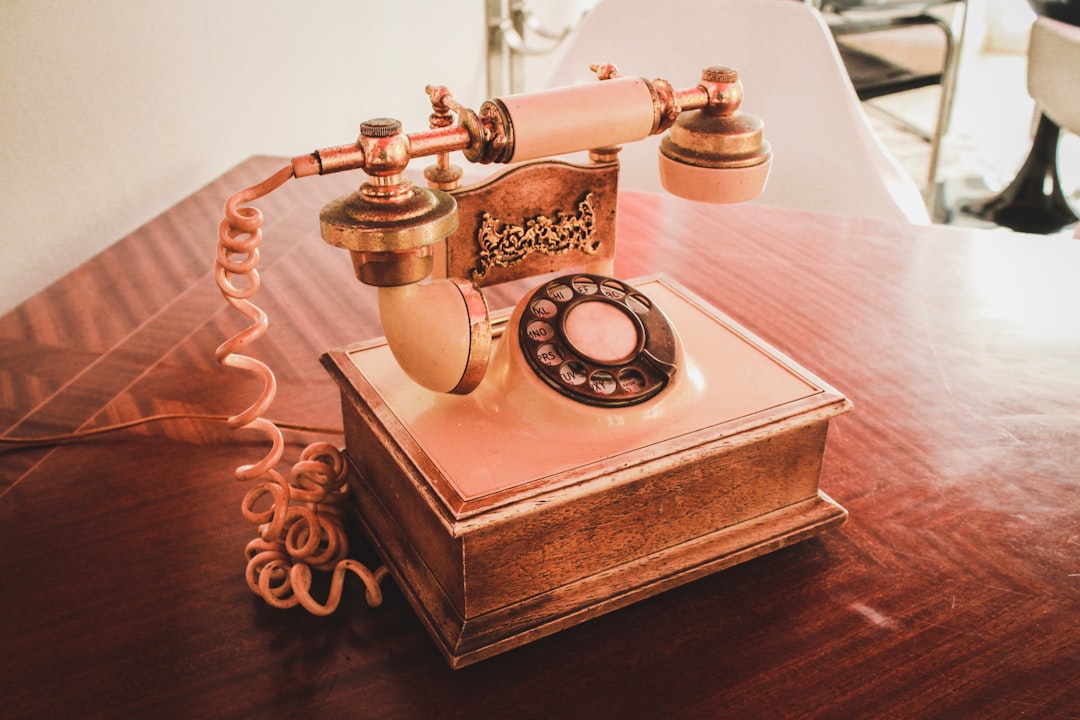In the shipping industry, automated phone systems (autodialers) are crucial for delivering package updates directly to recipients' phones. However, their use is regulated by the Telephone Consumer Protection Act (TCPA) in Georgia, which requires prior express consent for marketing purposes, including shipping notifications. An autodialer attorney in Georgia ensures legal and responsible use of these technologies, avoiding privacy issues and costly lawsuits. In Covington, Georgia, autodialers are permitted for internal business operations but not for marketing. Businesses should follow best practices to comply with regulations, such as obtaining explicit consent, offering opt-out options, and personalizing messages. If experiencing unwanted calls, connecting with an autodialer attorney in Georgia is vital for resolving issues under strict consumer protection laws.
In Covington, Georgia, shipping notifications via autodialers have become a topic of interest. This guide explores the legal framework surrounding automated calling systems and when their usage is permitted. We delve into best practices for businesses employing autodialers to ensure compliance with local laws. Additionally, we highlight the importance of consulting an experienced autodialer attorney in Georgia to navigate complex regulations and protect your organization from potential legal pitfalls.
Understanding Shipping Notifications and Autodialers
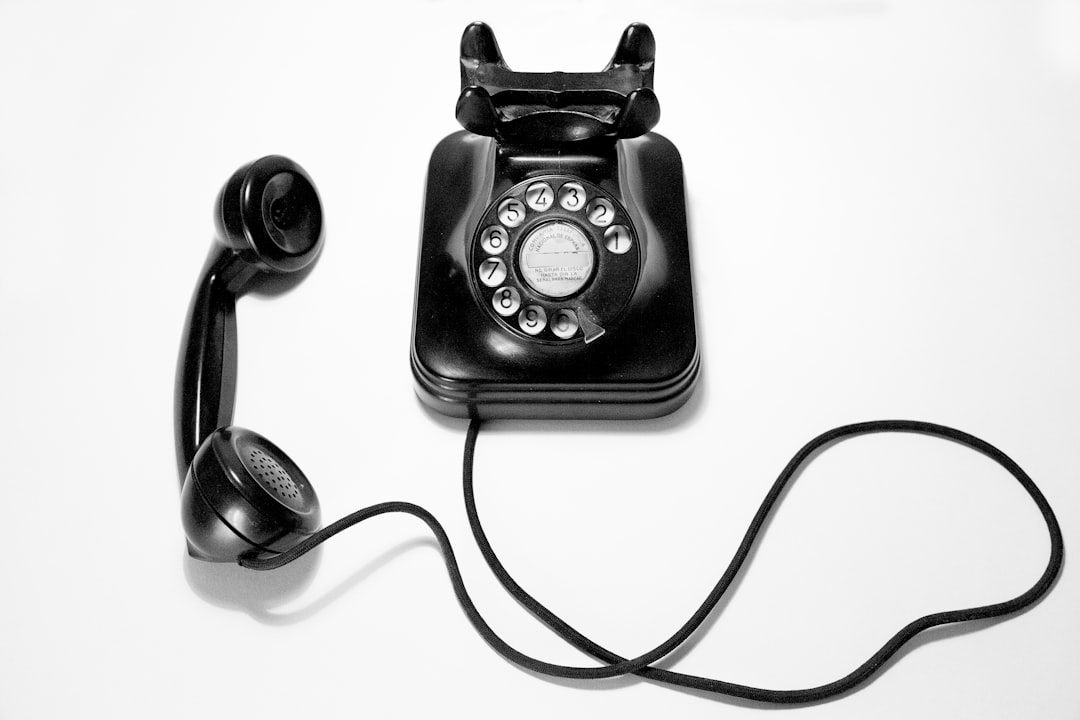
In the realm of shipping and logistics, understanding shipping notifications is paramount for businesses and consumers alike. These notifications serve as a bridge between shippers and recipients, providing real-time updates on package status. They are digital messages that convey critical information like tracking numbers, delivery dates, and even alerts when packages arrive at their destination or require additional action.
Autodialers, on the other hand, are automated phone systems designed to dial and connect calls without manual intervention. In the context of shipping, these technologies are employed to automatically notify recipients about their incoming packages. An autodialer attorney in Georgia ensures that the use of such systems adheres to local laws and regulations, protecting both businesses and consumers from potential misuse or privacy breaches.
Legal Framework for Autodialers in Georgia
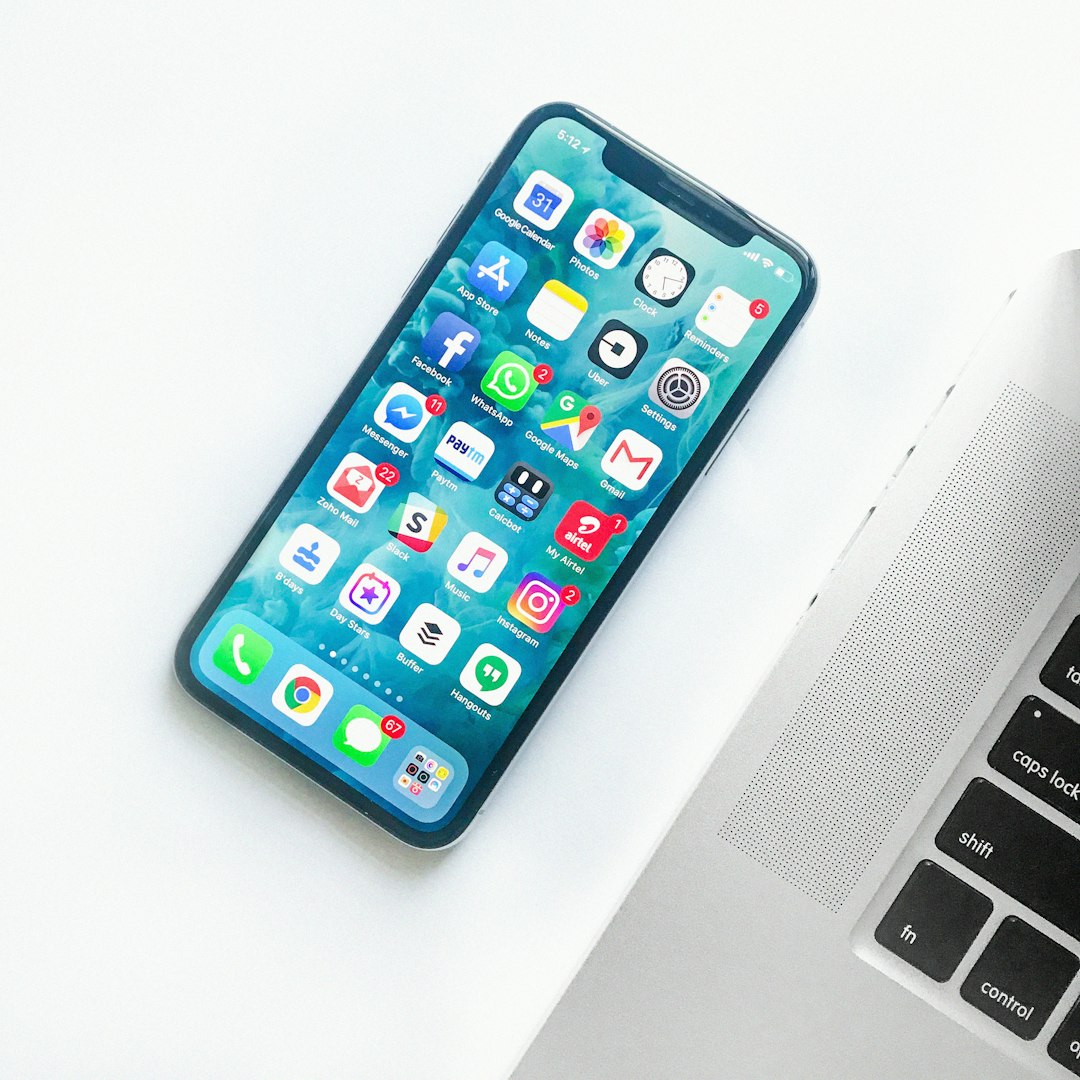
In Georgia, the legal framework surrounding autodialers, also known as automatic telephone dialing systems (ATDS), is governed by the Telephone Consumer Protection Act (TCPA). This federal law sets strict regulations on how businesses can use ATDS for marketing purposes, including shipping notifications. The TCPA prohibits the use of automated calls unless the caller has obtained prior express consent from the recipient. Violations can result in significant fines and legal repercussions.
Georgia’s attorney general’s office plays a crucial role in enforcing these laws. An autodialer attorney in Georgia is well-versed in navigating this regulatory landscape, ensuring compliance with the TCPA to protect businesses from costly lawsuits. They help clients understand their rights and obligations regarding automated shipping notifications, providing guidance on obtaining valid consent and minimizing potential risks associated with unauthorized calls.
When is an Autodialer Allowed in Covington?
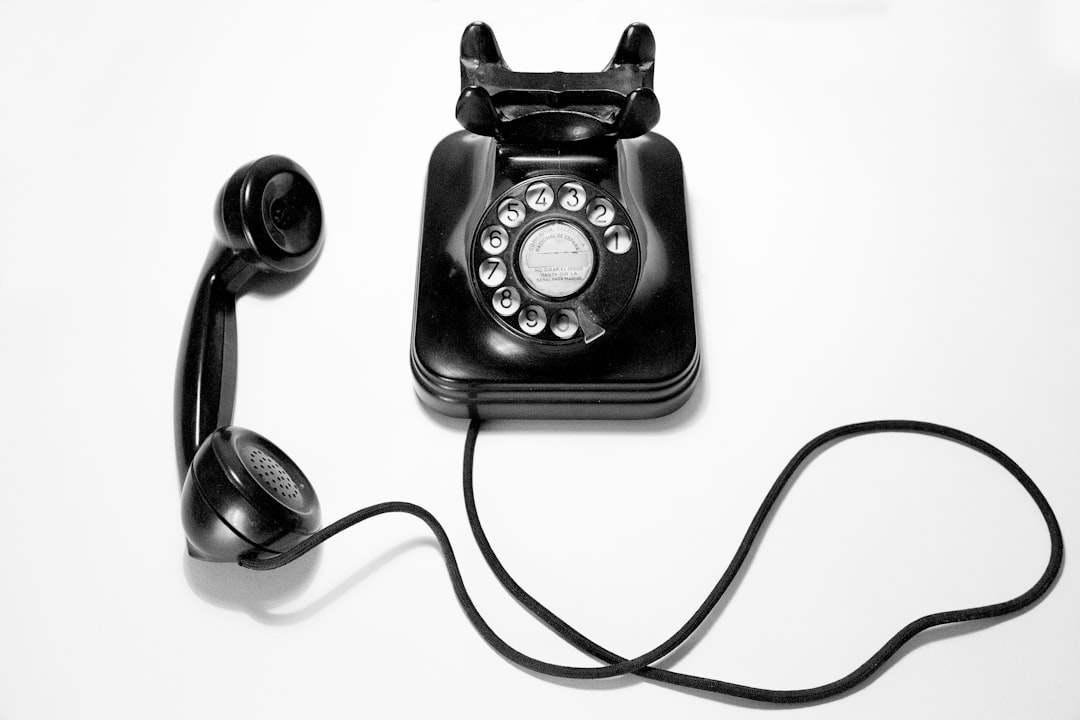
In Covington, Georgia, the use of autodialers in shipping notifications is governed by specific regulations designed to protect consumers from unwanted phone calls. An autodialer is generally allowed when it is used for internal business operations and not for marketing or sales purposes. This means that a shipping company or their legal representatives, such as an autodialer attorney Georgia, can employ these technologies to automate updates about package delivery without constituting telemarketing under state laws.
For instance, an autodialer could be utilized to notify customers about the status of their shipments, delays, or changes in delivery schedules. However, it’s crucial that these automated calls respect consumer privacy and do not violate any local or federal Do Not Call registries. Adhering to these guidelines ensures a harmonious balance between efficient communication and respecting individual rights.
Best Practices for Businesses Using Autodialers
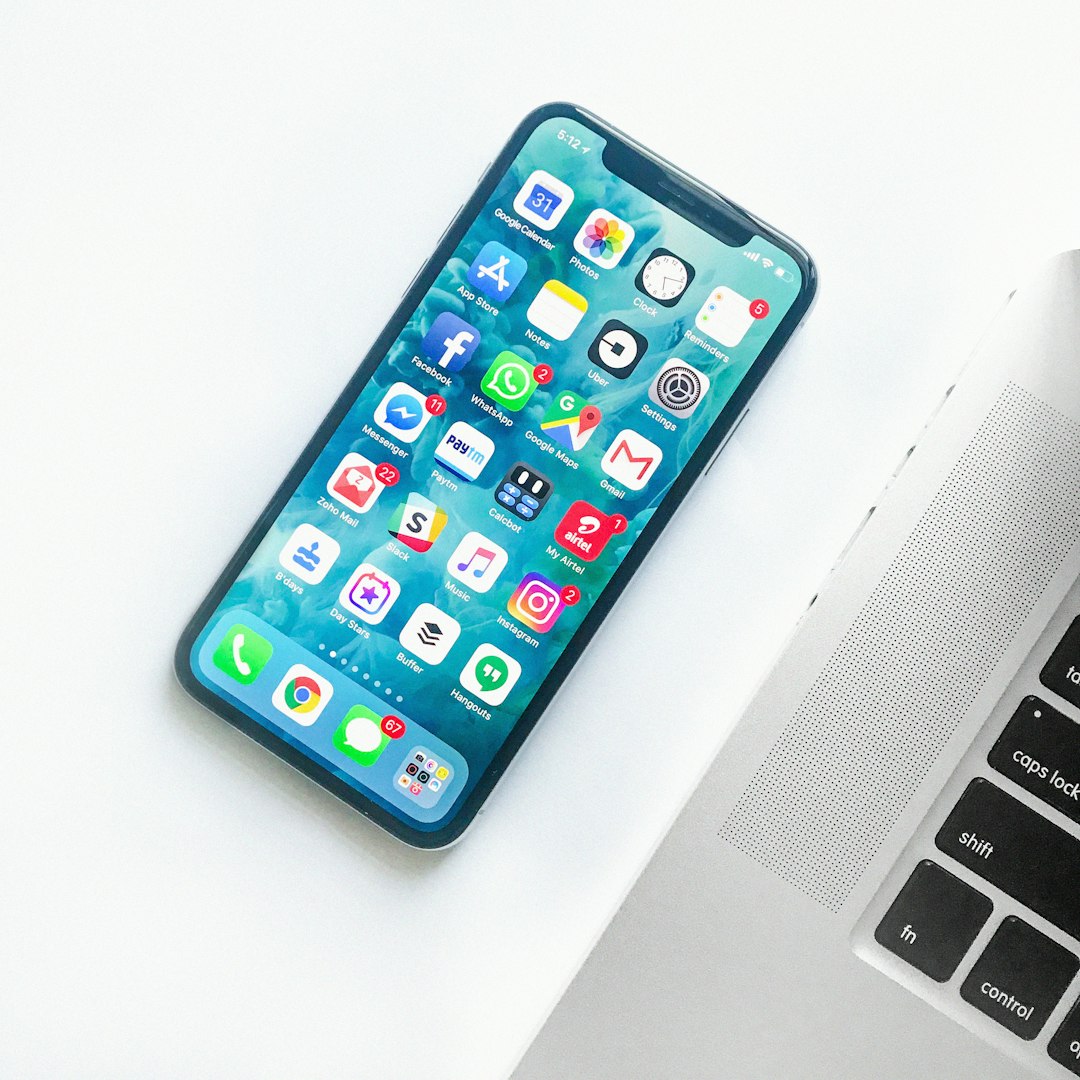
When utilizing autodialers in Covington, Georgia, businesses should adhere to best practices to ensure compliance with regulations and maintain customer satisfaction. An autodialer attorney Georgia can guide companies on navigating legal complexities surrounding automated calls. Firstly, obtain explicit consent from recipients before making any automated phone calls. This not only respects privacy but also increases the likelihood of positive interactions.
Secondly, provide an easy way for individuals to opt-out of receiving future calls, ensuring compliance with Telephone Consumer Protection Act (TCPA) guidelines. Regularly monitor and update your database to remove inactive or incorrect numbers. Additionally, personalize messages whenever possible, as generic content can raise concerns among consumers. Transparency is key; clearly communicate the purpose of automated calls to build trust with your audience.
Contacting an Autodialer Attorney in Georgia

If you’ve received unwanted phone calls from autodialers in Covington, Georgia, knowing your rights and available legal actions is crucial. In Georgia, there are strict regulations to protect consumers from unauthorized automated dialing campaigns. One of the first steps you can take is to consult an autodialer attorney who specializes in consumer protection laws. These legal professionals can guide you through the process and help you understand the options available to stop the nuisance calls.
An autodialer attorney in Georgia can assess your situation, determine if there has been a violation of your rights, and take appropriate legal action. They may send cease-and-desist letters, file complaints with regulatory bodies, or even represent you in court if necessary. Their expertise ensures that you receive the best possible outcome while navigating the complexities of consumer protection legislation in Georgia.


